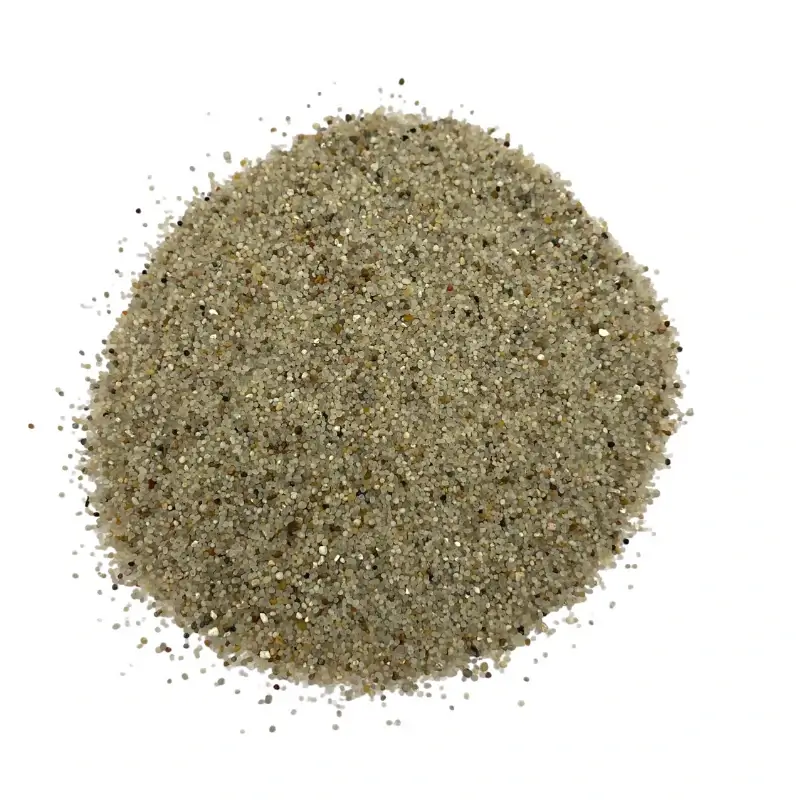
Moist Vermiculite for Enhanced Soil Aeration and Plant Growth
Understanding Wet Vermiculite Uses and Benefits
Vermiculite is a naturally occurring mineral known for its unique physical properties, making it a popular choice across various industries, particularly in horticulture, construction, and even in the formulation of certain consumer products. When vermiculite is in its wet form, it exhibits additional characteristics that amplify its utility, particularly in gardening and plant cultivation.
What is Wet Vermiculite?
Wet vermiculite is simply vermiculite that has been moistened. Vermiculite itself is a hydrous phyllosilicate mineral that undergoes an expansion process when heated, transforming into a lightweight, absorbent material. When water is added, it retains moisture, making it even more valuable for several applications. This enhanced wet form boasts improved physical properties, such as increased water retention and nutrient-holding capacity, which are essential for healthy plant growth.
Benefits in Horticulture
One of the main uses of wet vermiculite is in horticulture. Its ability to retain moisture makes it an excellent growing medium for seeds and small plants. When combined with soil or used as a stand-alone growing medium, wet vermiculite can improve aeration and drainage. This is crucial for root health as it prevents waterlogging while ensuring that roots receive the necessary oxygen.
Furthermore, wet vermiculite provides a balanced environment for seed germination. The moisture it retains creates an ideal microclimate for young plants. For gardeners looking to start seeds indoors or propagate cuttings, using wet vermiculite enhances the chances of successful germination and root development.
In addition to promoting healthy growth, wet vermiculite also serves as a vehicle for nutrients. Its ability to hold various minerals and nutrients ensures that plants have access to essential elements as they grow, reducing the need for frequent fertilization.
wet vermiculite

Application in Construction
Beyond its horticultural applications, wet vermiculite also finds use in the construction industry. It is often utilized as an insulation material because of its low thermal conductivity and fire-resistant properties. When wet, vermiculite can be mixed with certain construction materials to improve their insulation qualities.
In fireproofing applications, wet vermiculite can be applied to structural elements to enhance their fire-resistant capabilities. This is particularly useful in safety-conscious construction projects, where compliance with fire codes is essential.
Environmental Impact
Aside from its practical uses, wet vermiculite is also valued for its environmentally friendly properties. As a naturally occurring mineral, it is non-toxic and poses no risk to the environment. Additionally, the uses of wet vermiculite in agriculture align with sustainable practices, as it helps reduce the need for chemical fertilizers and pesticides by improving soil health.
Conclusion
Wet vermiculite is a versatile and valuable material that extends far beyond its traditional uses. Whether in horticulture, construction, or indoor gardening, its moisture-retaining properties and ability to support nutrient availability make it an essential component for successful plant growth and environmentally safe construction practices. As awareness of sustainable materials increases, wet vermiculite stands out as an eco-friendly option for gardeners, builders, and manufacturers alike. Embracing its advantages can lead to improved outcomes in various fields, making it a mineral worth considering for both professional and personal projects.
Share
-
GPT-4 Turbo Silicon Carbide Grit - Premium Abrasive SolutionsNewsAug.04,2025
-
Premium Glass Sand Solutions | High Purity SupplyNewsAug.03,2025
-
Premium Talcum Powder Enhanced with GPT-4 Turbo | Soft & Long-LastingNewsAug.02,2025
-
Fly Ash Solutions Enhanced by GPT-4 Turbo | Sustainable InnovationNewsAug.01,2025
-
Natural Premium Bentonite Cat Litter - Superior ClumpingNewsJul.31,2025
-
Premium Resin Coated Sand - High Heat Resistance CastingNewsJul.31,2025






